Breaking Free: How to Overcome Addiction and Grief
Addiction and grief are two powerful forces that can have a devastating impact on an individual’s life. As someone who has personally struggled with addiction and grief, I know firsthand the damaging effects these forces can have on an individual’s physical and mental health, relationships, and overall quality of life. However, I also know that recovery is possible. Through my own experiences, I have found that a combination of evidence-based treatments and self-care practices can help individuals break free from the cycle of addiction and grief and find a renewed sense of purpose in life.
In this essay, I will discuss evidence-based treatments and support for managing addiction and grief, as well as my own experiences with these powerful forces and the recovery process. My hope is that by sharing my story and the lessons I have learned along the way, I can provide hope and inspiration to others who may be struggling with addiction and grief.
The Complexity of Addiction and Grief
Addiction and grief are complex and often intertwined forces that can lead individuals down a dark and destructive path. Addiction is not a tool for healing or a necessary process of grief management. Rather, it is a disorder that can have devastating effects on an individual’s physical and mental health, relationships, and overall quality of life. Similarly, grief can cause an individual to become stuck in a state of sadness and despair, unable to move on and find joy in life. The complexity of these forces lies in their ability to interconnect, with addiction often being a coping mechanism for unresolved grief.
My own experience with addiction began in my early twenties, when I started using drugs and alcohol as a way to cope with the pain of losing my mother to cancer. At the time, I thought I was managing my grief, but in reality, I was only compounding it with a new problem. My substance use escalated quickly, and soon I was using every day, unable to imagine life without drugs and alcohol. I lost jobs, relationships, and my sense of self along the way. It wasn’t until I hit rock bottom that I realized I needed help.
Evidence-Based Treatments for Addiction and Grief
Overcoming addiction and managing grief is a process of personal growth and transformation that requires a commitment to self-awareness, self-care, and self-compassion. Evidence-based treatments for addiction and grief may include individual or group therapy, cognitive-behavioral therapy, trauma-focused therapy, and other forms of behavioral and holistic treatment.
Cognitive-behavioral therapy (CBT) is a type of talk therapy that helps individuals identify and change negative thought patterns and behaviors. This therapy can be particularly effective in treating addiction and grief by teaching individuals to identify and manage triggers that may lead to substance use or relapse. I found CBT to be incredibly helpful in my own recovery journey, as it allowed me to identify the underlying thoughts and beliefs that were driving my substance use.
Trauma-focused therapy is another evidence-based treatment that can be particularly effective in treating addiction and grief. Trauma-focused therapy focuses on helping individuals process and heal from past traumatic experiences that may be contributing to their addiction or grief. For individuals like myself, who have experienced significant loss or trauma, this type of therapy can be a powerful tool in the recovery process.
In addition to therapy, medication-assisted treatment (MAT) can be an effective tool in managing addiction. MAT involves the use of medication, such as methadone or buprenorphine, in combination with therapy to help individuals manage withdrawal symptoms and reduce the risk of relapse. While medication was not a part of my own recovery journey, I recognize its value for many individuals who may be struggling with addiction.
Building a Support Network
Building a network of support is crucial in managing addiction and grief. This support may come in the form of friends and family, support groups, professional treatment, and other resources. By building a community of support, we can help individuals overcome the isolating and destructive nature of addiction and grief and find healthy ways to manage their emotions.
For me, building a support network was one of the most challenging aspects of the recovery process. I had to distance myself from negative influences and seek out individuals who were supportive of my sobriety. Support groups such as Alcoholics Anonymous (AA) and Narcotics Anonymous (NA) can be particularly helpful in providing a safe and supportive environment for individuals struggling with addiction. These groups provide a space for individuals to share their experiences and receive support from others who are going through similar struggles. I found tremendous value in the support and sense of community I found through these groups.
Professional treatment such as inpatient or outpatient programs can also be effective in managing addiction and grief. These programs provide a structured environment for individuals to focus on their recovery and receive support and guidance from trained professionals. For individuals who may need a higher level of care, these programs can provide a safe and supportive environment to begin the recovery process.
Mindfulness and Self-Care
Learning healthy ways to cope with difficult emotions is a crucial part of managing addiction and grief. Mindfulness practices can be particularly effective in helping individuals become more aware of their emotions and learn to respond to them in a healthy and productive way. Mindfulness is the practice of being present in the moment and paying attention to your thoughts, feelings, and sensations without judgment. By practicing mindfulness, individuals can become more aware of their emotions and learn to respond to them in a healthy and productive way.
Self-care is another crucial aspect of managing addiction and grief. Self-care involves taking care of oneself physically, emotionally, and mentally. Activities such as exercise, healthy eating, getting enough sleep, and engaging in activities that bring joy and fulfillment can all contribute to a healthier mindset and help individuals build resilience and cope with difficult emotions in a healthy way. For me, self-care has been a fundamental part of my recovery journey. By prioritizing my physical, emotional, and mental health, I have been able to build a stronger foundation for my sobriety.
Overcoming the Danger of Romanticizing Addiction and Grief
One of the biggest challenges in overcoming addiction and managing grief is the danger of romanticizing these powerful forces. It can be tempting to view addiction as a positive or necessary experience, as it can provide a temporary escape from reality and offer a sense of euphoria or pleasure. Similarly, it can be tempting to view grief as a necessary part of the healing process, as it can provide a sense of catharsis and release. However, romanticizing addiction and grief can be harmful and counterproductive, as it can prevent individuals from seeking the help they need and lead to destructive behaviors.
The reality is that addiction and grief are complex and powerful forces that require a commitment to personal growth, a network of support, and evidence-based therapies to overcome. By focusing on evidence-based treatments and building a community of support, individuals can find hope, healing, and a renewed sense of purpose in their lives.
Jason Jolliffe’s Experience with Overcoming Addiction and Grief
As a recovering alcoholic and addict with 10 years of sobriety, I know firsthand the challenges of overcoming addiction and managing grief. I started using drugs and alcohol as a way to cope with the pain of sexual abuse as a child, but soon found myself trapped in a cycle of addiction that nearly destroyed my life. It wasn’t until I hit rock bottom that I realized I needed help and began the journey of recovery.
Through my sobriety YouTube channel, Instagram, and blog, I strive to provide hope and inspiration to others who may be struggling with addiction and grief. I share my own story of recovery, as well as the stories of others who have found hope and healing through the recovery process. My journey has been filled with ups and downs, but by committing to personal growth and seeking the help of evidence-based treatments and support, I have been able to overcome my addiction and find a renewed sense of purpose in my life.
Conclusion:
Addiction and grief are complex and powerful forces that can have a devastating impact on an individual’s life. However, through evidence-based treatments and self-care practices, individuals can break free from the cycle of addiction and grief and find a renewed sense of purpose in life. By building a network of support, practicing mindfulness and self-care, and avoiding the danger of romanticizing addiction and grief, individuals can find hope, healing, and a renewed sense of purpose in their lives.
As someone who has personally struggled with addiction and grief, I know that recovery is possible. Through my own experiences and the lessons I have learned along the way, I hope to inspire others to begin the journey of recovery and find the support and guidance they need to overcome these powerful forces. Together, we can break free from the cycle of addiction and grief and find a brighter, more fulfilling future.

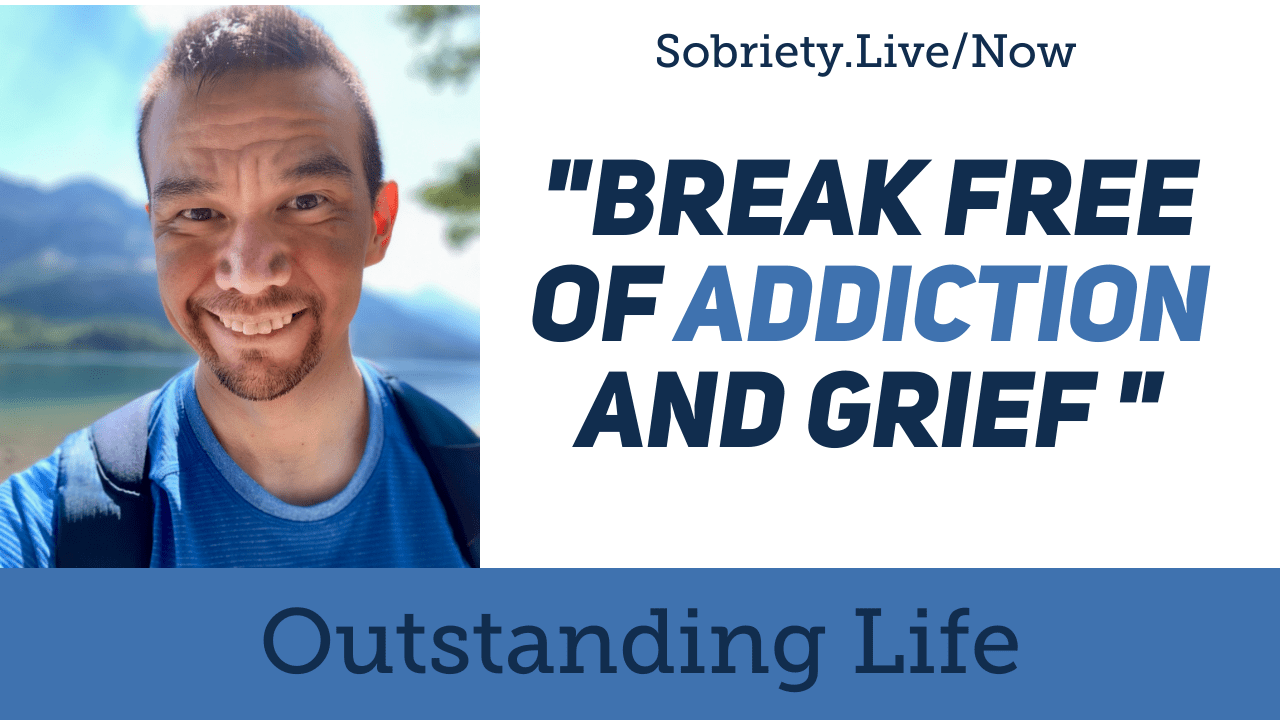









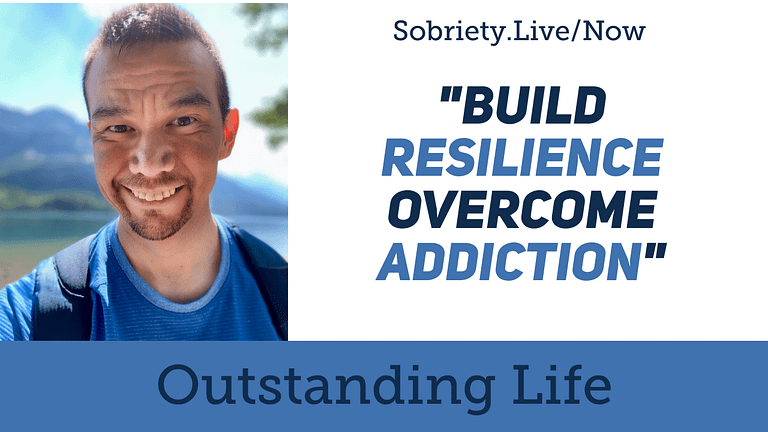
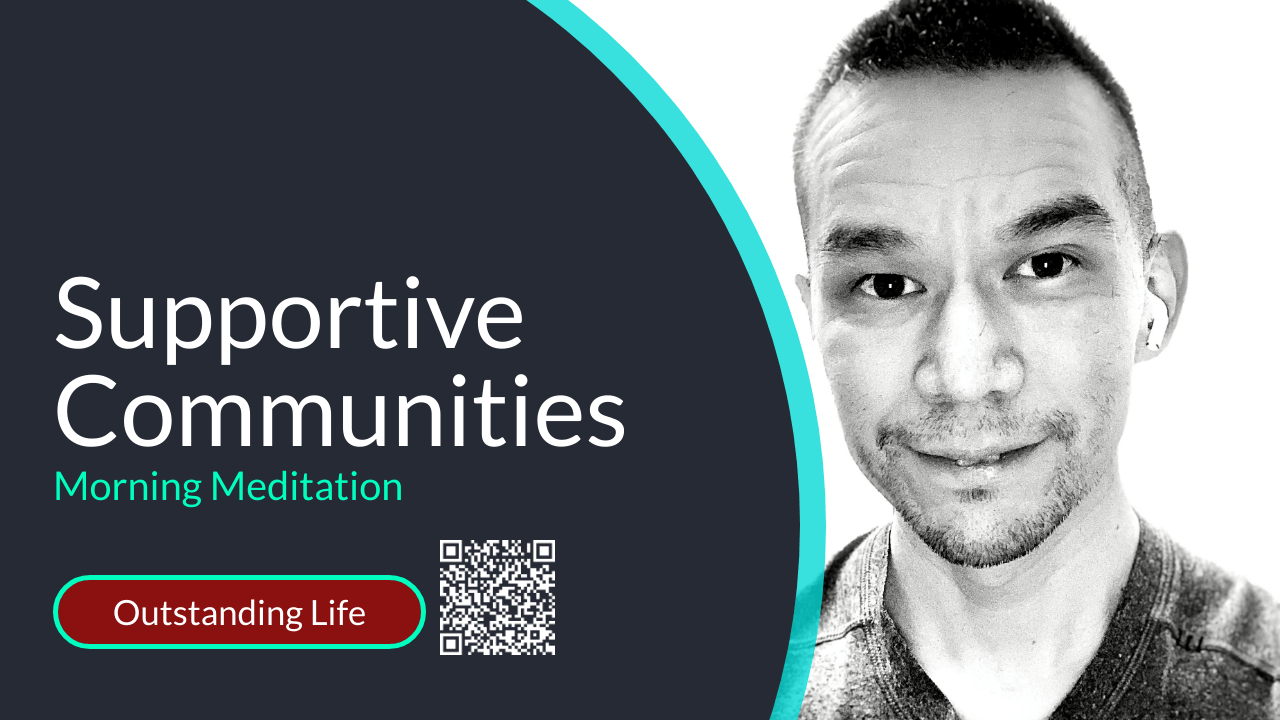
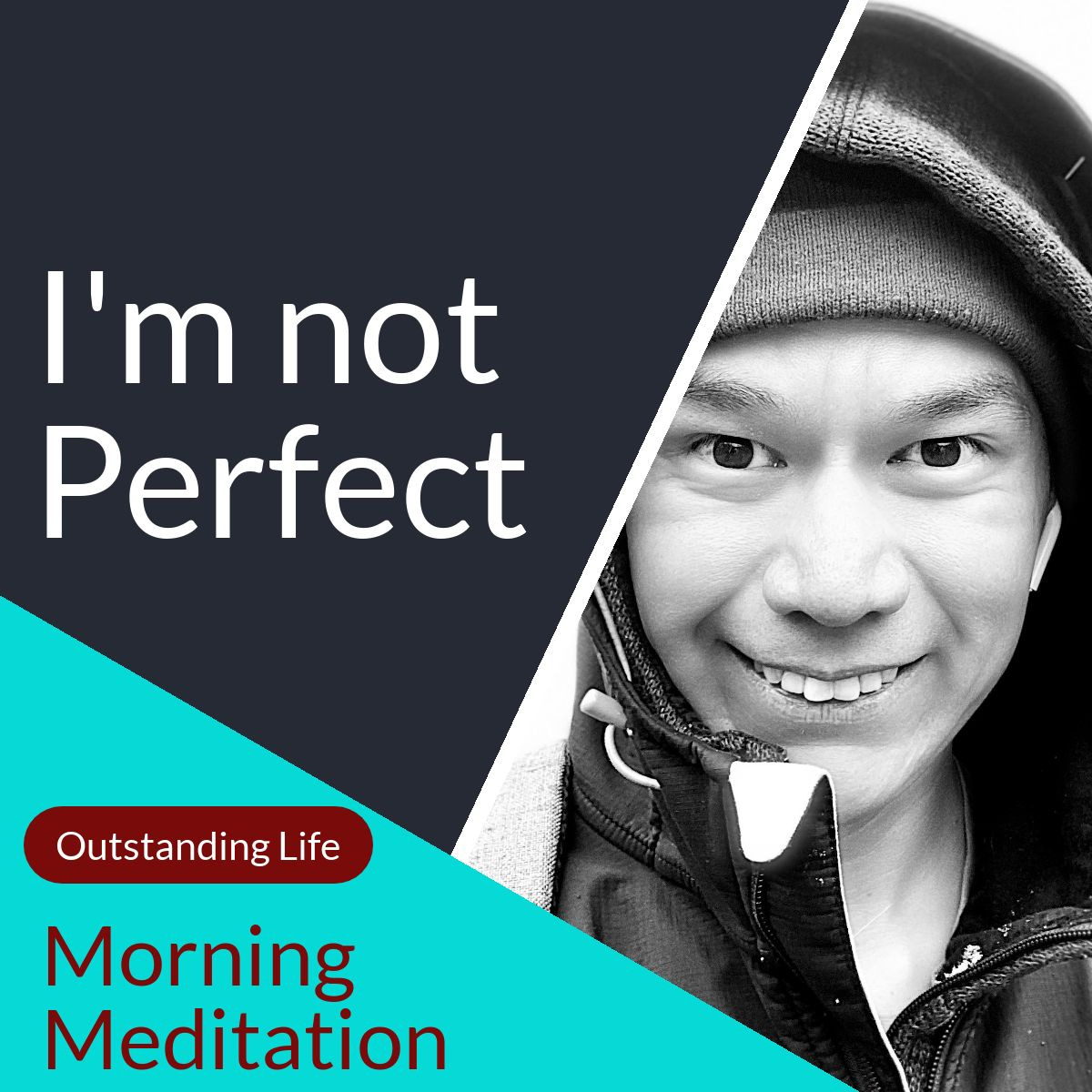
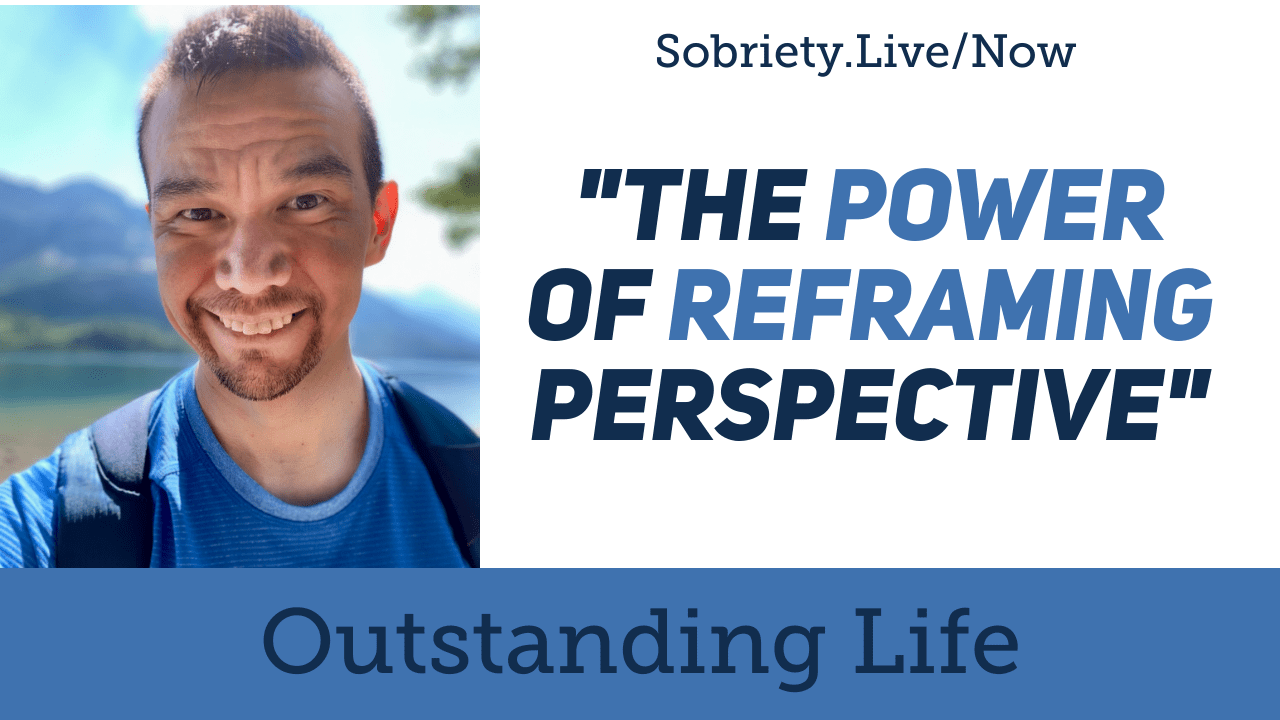
You must be logged in to post a comment.